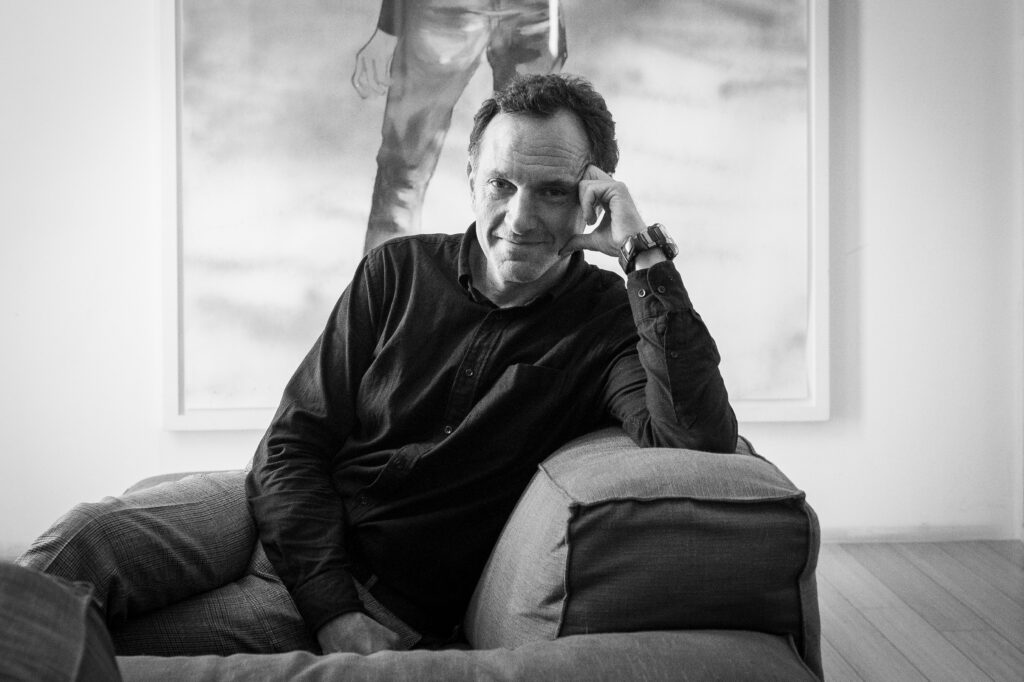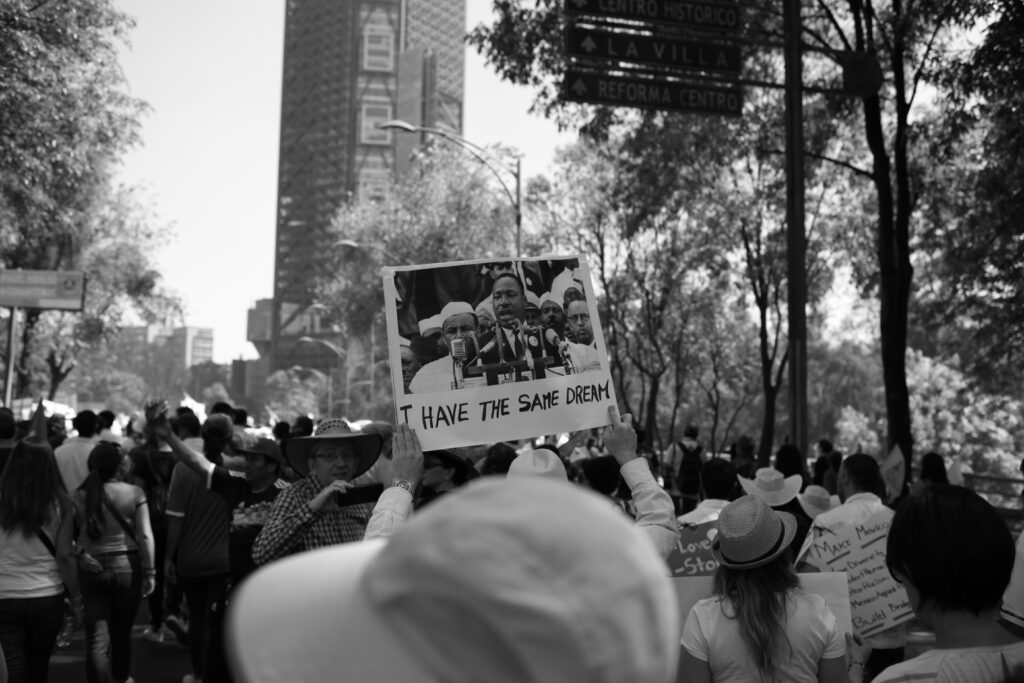Never before in human history have we had such powerful tools for informing and mobilising the masses. Yet history shows that profound changes in society remain permanently dependent on the offline world.
But how did Gandhi get the Indian community of the Transvaal to swear an oath on 11 September 1906 never to accept racist laws, establishing his reputation as a non-violent leader, when he had neither Facebook nor Twitter? And how did Martin Luther King, who didn’t even have access to radio, newspapers or TV, like the entire black minority, manage to ensure that Rosa Parks’ refusal to give up her seat to a white passenger on an Alabama bus sparked a revolution for African-American civil rights?
Online petitions, social networks, e-government, open data, “civic” and “gov techs”, online technologies are making political life more participatory than ever. Activists and governments are investing in them. And the benefits of digital tools are considerable, and rightly so: they are being embraced by citizens and administrations alike.
Didn’t Iceland manage to ‘crowdsource’ an ambitious revision of its constitution? Haven’t internet petitions shaken the most powerful? Aren’t Mons, Liège, Etterbeek and so many other communes consulting their citizens on local projects using tools like CitizenLab? The local authorities are delighted with the improved links with their residents, the savings they are making, and the value they are adding to their heritage and their staff. And at a time when the public are looking for new political staff, these tools can provide more expertise to elected representatives who are by nature less experienced.
The lure of ease
However, the campaign against harassment of women under the #MeToo banner on Twitter shows that we must not confuse a mass of people with a social movement. Social networks are powerful megaphones. The rallying behind this cry denounces a truly intolerable situation and may be the beginning of a new awareness. But the relationship between men and women will not change via Twitter, Instagram or the Gov app. The work will have to continue in the real world.
Is it obvious? No: “civic techs” have the attraction of ease, which leads some people to forget the foundations of the hard human work required to bring about profound changes in power relationships. Change in society is difficult. It requires personal contact, a transformation of values and a great deal of perseverance.
As Saul Alinsky, the pope of community organising in the United States, pointed out, we live in “a world not of angels but of angles, where men speak of moral principles but act according to principles of power”. The work of changing these power relations is hard. Alinsky warns: “Much of the daily work of an organiser is minute, repetitive and deadly in its monotony.” Because discussing a law, educating, interposing, or getting a petition signed by talking to people in your neighbourhood is tedious, but potentially far more mobilising than exchanges in cyberspace.
Of the 8 levels on political scientist Sherry Arnstein’s participation scale, public authorities’ use of civic tech rarely rises above level 3 (inform) or 4 (consult). We cannot delegate our revolutions to algorithms and apps, nor can we be content with a semblance of deliberation that may be no more than 2.0 chatter.
What is personal – such as our relationship with our bodies – remains political, as the feminists of the 1960s emphasised. To make unacceptable what is accepted at a given time – yesterday’s segregation in South Africa and the United States, today’s inappropriate behaviour towards women – we need to work slowly, deeply, convincingly, door to door, person by person, appealing to people’s voices.
Sexual harassment will only be reduced by changes in the law, the adoption of sanctions, or initiatives such as that of the French lawyers’ collective “Osez porter plainte”, which helps victims free of charge.
Those who stay on their sofas and watch too much television are known as couch potatoes. Well, as citizens and political players, let’s be wary of becoming “couch potato democrats”, attracted by the ease of using ready-made digital solutions that give the illusion of mass, dialogue and involvement, but don’t go far enough up the ladder of participation.
If we are to change the world, we will have to continue to question power relationships and, in order to change them, accept confrontation in the public arena… even if it’s the vibration of our mobile phone in our pocket that reminds us of the time of the next demonstration.
Opinion piece originally published in L’Echo.





